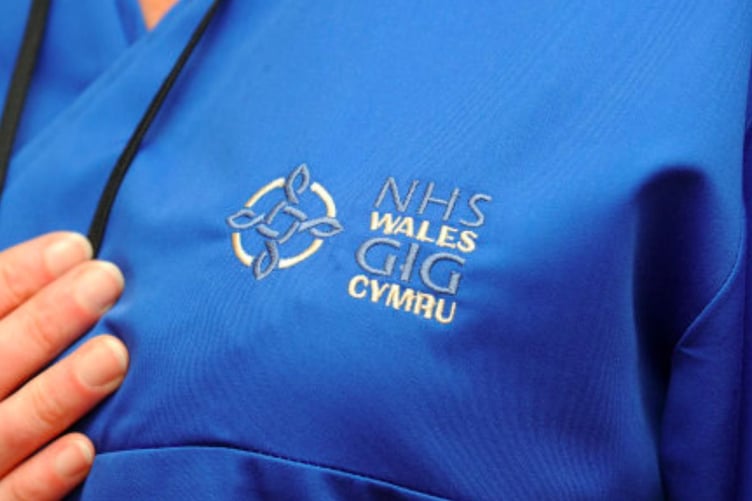Ambitious plans to help NHS Wales reduce its emissions faster to make the health and care system more sustainable have been unveiled by the Welsh Government.
NHS organisations have already made considerable progress, cutting emissions from non-supply chain, including buildings and transport, by almost a quarter between 2018-19 and 2024.
But despite the improvement, overall NHS Wales emissions have increased over the same period, largely as a result of emissions attributed to the health service’s large supply chain.
The refreshed NHS Wales Decarbonisation Strategic Delivery Plan, sets out a clear roadmap for the NHS to meet its climate ambitions and achieving the legal 2050 Net Zero target.
The plan will help NHS Wales organisations to:
- Increase energy efficiency and use of renewables
- Support more sustainable travel by staff and patients
- Work with suppliers to minimise environmental impact
- Deliver environmental sustainability
- Reduce waste
- Work as sustainably as possible.
Cabinet Secretary for Health and Social Care Jeremy Miles said: “We are striving for a more sustainable health system, which will reduce its impact on the environment and provide wider benefits to public health.
“We all have a part to play in addressing the climate emergency. The NHS in Wales can play its part by taking simple steps, such as reducing waste, saving energy and working as sustainably as possible, while focusing on delivering high-quality care.
“Improving the sustainability and environmental impact of NHS Wales will help the public sector and Wales reduce our carbon footprint and achieve our Net Zero commitments by 2050.”
Efforts to reduce carbon emissions in NHS Wales have been boosted by several pioneering sustainability projects.
Cardiff and Vale University Health Board’s sustainability initiatives are leading the drive in intensive care units – supporting the twin aims of improving patient care, while also reducing financial and environmental waste.
The Green ICU Team won a Globally Responsible Wales Award in the NHS Welsh Sustainability Awards and its work has been featured in a practical guide designed to help Intensive Care Units reduce their carbon footprint.
Over the past five years, it has reduced plastic waste in the ICU by around 2 tonnes per year, saving tens of thousands of pounds.
The Their Gloves Off campaign aims to reduce the amount of non-sterile gloves worn, is on target to save around £15,000 this year and a plastic saving of around 490,000 gloves (or approximately 30 gloves per patient per day) in critical care.
Other schemes include arranging for the recycling of bottles used to feed patients; offering drinking tap water instead of sterile water to patients and installing LED lighting.
Jack Parry-Jones, a consultant in adult intensive care medicine and the former chair of the Green ICU Team said: “We are trying to preserve a world – a Wales worth surviving for and living in. Our adopted mantra is people, planet and profit.
“People – excellent care for our patients, their relatives and our staff. Planet – a clean environment in Wales with preserved biodiversity. And profit – providing good value based and prudent healthcare.”





Comments
This article has no comments yet. Be the first to leave a comment.